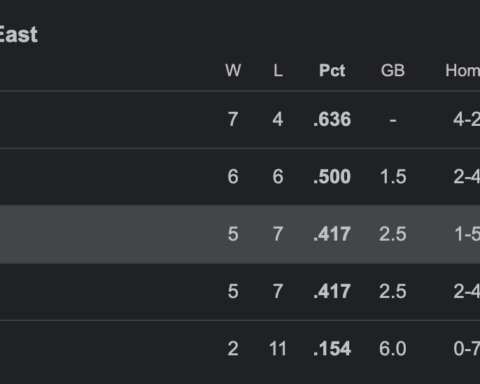By Luke Nolan, Staff Writer
For many years, the Catholic Church and many of its members have struggled with a “dumbing down” of Catholicism.
The tendency to reduce the religion to a therapeutic philosophy full of warm feelings and affirmation is a dangerous one, as it rejects the roots and traditions of the great faith, making it vulnerable to collapse. The dumbing-down of the faith and reducing it to a feel-good philosophy is an idea that cannot and should not last, as it completely disregards the traditions of the Church.
This would be equivalent to building a beautiful, spacious house and then bulldozing it to make room for a bouncy castle. Sure, the bouncy castle is fun for a while, but where are you going to rest your head? Where are you going to pray? Jesus instructs us to pray in secret in Matthew’s gospel, and he condemns the showy displays of the Pharisees throughout the gospels.
This analogy illustrates that things will go terribly wrong if we continue to “dumb-down” the faith. The bouncy castle is our culture’s desire for instant gratification and pointless fun, while the house is the Church. There is a tendency to ignore the great intellectual, artistic and musical traditions of the faith in favor of something “new and exciting,” simply because its new. But the Church wasn’t founded on something “new and exciting,” something “hip.” It wasn’t founded to simply give itself up to the prevailing culture. To quote the late Cardinal Francis George, liberal Catholicism “seems to interpret the council (Vatican II) as a mandate to change whatever in the Church clashes with modern society.”
This is not to deny at all the importance of modern culture, but rather to warn against the “using modern society as the measure of revelation,” as the late Cardinal put it.
In essence, this is a stand against measuring the Church and its traditions against the standards of modern culture.
It is unwise to judge the Church by the standard in which the Church seeks to change, namely today’s society. It places “change” and “progress” above truth and God, in an almost idolatrous way. The Church should be read as the Church, and should not be measured against a particular culture, nor should it appease the culture. To do so would not only cause confusion and scandal, but would also compromise the integrity of the Church itself, allowing it to be manipulated at whim by the prevailing culture.
The Church, as Bishop Robert Barron puts it, “is not a Voltairean debating society,” and it should not change simply for the sake of change.
Rather, the Church is the herald of moral truths. It should remain extreme in its moral demands, yet also extreme in its mercy. It should not cave to the demands of those who want a religion of “nice,” and it should preserve the intellectual and moral traditions which it has upheld for 2,000 years.
Photo courtesy of youtube.com






